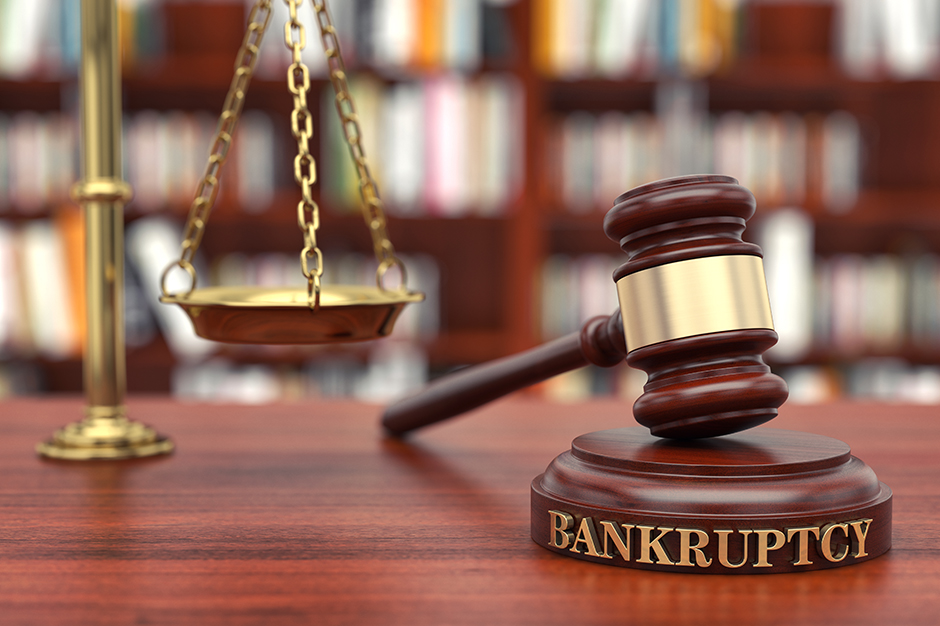Filing for Bankruptcy: When It Makes Sense and When It Does Not

Filing for Bankruptcy: When It Makes Sense and When It Does Not
Life is unpredictable. Sometimes, a divorce, job loss, or health scare may lead to a sudden financial catastrophe. Other times, the slow and insidious accumulation of personal, business, or credit card debt might lead to financial distress. In such situations and others – gambling loss, mortgage delinquencies, judgments, medical bills, etc. – filing for bankruptcy may be the best option available. It allows you to eliminate or greatly reduce your debts while giving you a fresh financial start. Other benefits include stopping credit collection and wage garnishment. It may even save your house from foreclosure. At the same time, bankruptcy is likely to decrease your credit score, and in rare cases, result in the loss of property (real and/or personal) you could have retained through other debt relief options.
Sometimes it makes sense to file for bankruptcy protection, while other times, it does not make sense. While it can be hard to know if and when to file for bankruptcy, there are some factors you should consider to help you decide. This article explores some of these situations and factors.
When Filing for Bankruptcy Makes Sense
In some situations, filing for bankruptcy makes sense or is a good debt relief option, including:
- If negotiations with creditors have failed or negotiation is not a viable option. It is common for people in financial distress to try negotiating with creditors, seeking extended or reduced repayment terms. Sometimes these negotiations are successful; other times, they are not. If your attempts to negotiate repayment plans with your creditors have failed, but you don’t have the means to pay, filing for bankruptcy often makes sense. Alternatively, you might have a dozen or more credit cards and/or personal debts. Trying to cut deals with all or some of these creditors may prove nearly impossible. Or, you might have only a few creditors, but the cumulative amount of debt makes negotiations pointless. Under these circumstances, bankruptcy makes sense because it deals with all of your debts simultaneously.
- If your liabilities far exceed your income and assets. Sometimes, your liabilities, including monthly payments like mortgage and car loan repayments, exceed your income. It could be due to a job loss, decreased income, or an unforeseen major expense like medical bills. In situations where your liabilities exceed your income or the value of your assets, it makes sense to file bankruptcy; otherwise, you might end up depleting your assets by servicing debts. And if you have a retirement account, depleting your IRA or 401(k) is almost always a bad choice for paying your debts. It is often a temporary fix that does not address the root problem, usually triggers a tax penalty, and is exempted from bankruptcy, meaning it will not be affected if you file for bankruptcy.
- If most of your debts are unsecured. For most people, consumer debts are the primary source of their financial problems. Fortunately, most consumer debts are unsecured. With bankruptcy discharging unsecured debts like credit card debts and medical bills, it makes sense to file for bankruptcy when most of your debts are unsecured.
When Filing for Bankruptcy Does Not Make Sense
In other situations, filing bankruptcy is not advisable or does not make sense, including:
- If you risk losing property you would otherwise not lose. Depending on when you file for bankruptcy, you risk losing property that exceeds the exemption amount. You also risk losing nonexempt assets. You must explore all your debt relief options before losing a property you would otherwise keep by avoiding bankruptcy. Although we always recommend speaking with an attorney before deciding whether to file for bankruptcy, it is particularly important to discuss your options when you risk having your property liquidated to pay off your debts through bankruptcy.
- If you can obtain a mortgage modification. With many people filing for bankruptcy to delay a foreclosure, bankruptcy protection may not make sense if there is an opportunity to modify your mortgage. Because some lenders will not enter into or continue with mortgage negotiations once you have filed for bankruptcy, you might think twice before filing for bankruptcy in such situations.
- If most of your debts are secured. Because bankruptcy does not discharge secured debts such as car loans and mortgages, it might not make sense to file for bankruptcy if a large portion of your debt is backed by collateral. You risk losing the property you have pledged as collateral, including your car or home. Essentially, bankruptcy may not provide the much-needed fresh financial start if it only wipes off a small portion of your debt. In some cases, though, chapter 13 bankruptcy offers an alternative by allowing you to pay your arrears on secured loans over a period of up to 5 years, thereby keeping your property.
Bottom Line
Bankruptcy is not the only option for debt relief. For most people, debt relief options boil down to their financial situation, including their income, assets, category and amount of debt. Bankruptcy may not be advisable in some circumstances, especially where it leads to the loss of valuable property that might otherwise be saved. However, there are circumstances where bankruptcy is the best option because it provides a fresh financial start and allows you to rebuild your credit. You should consult with an experienced attorney who will be able to examine your unique facts and determine your best option(s).
For more information on Bankruptcy Law, visit here.



